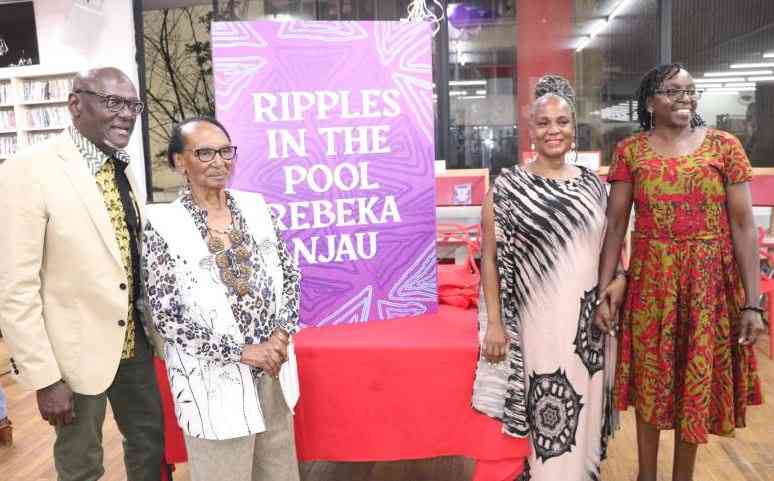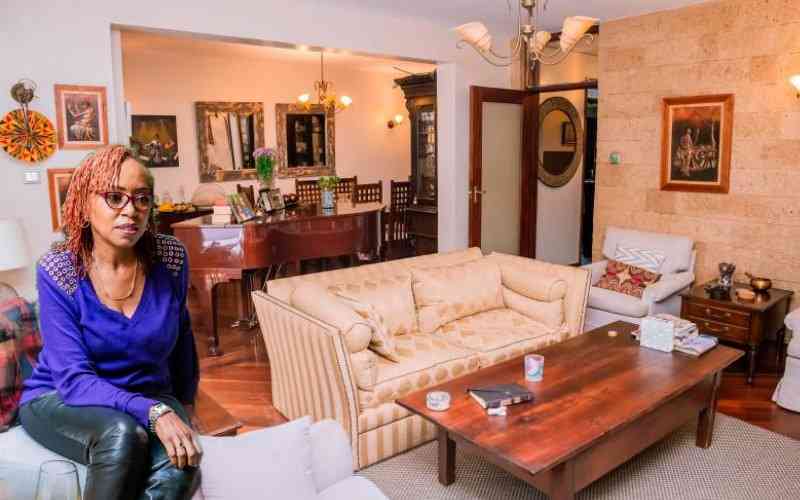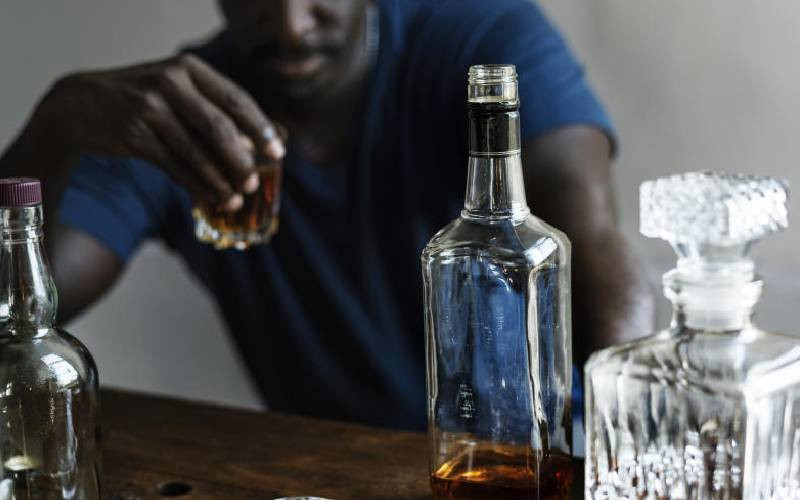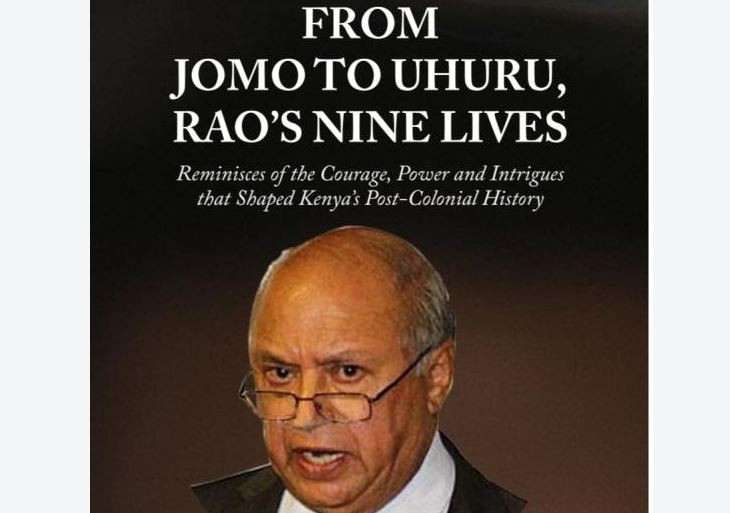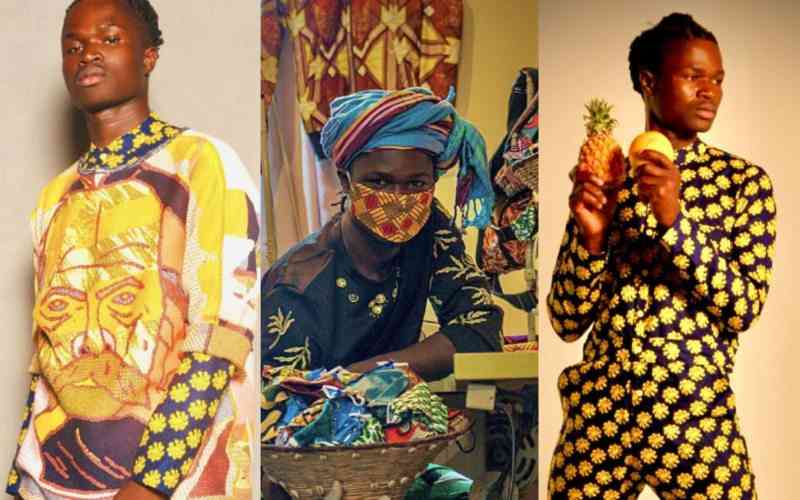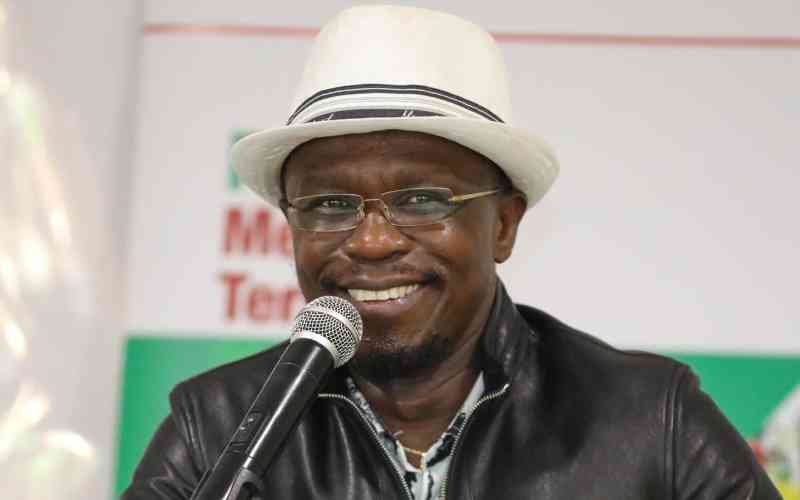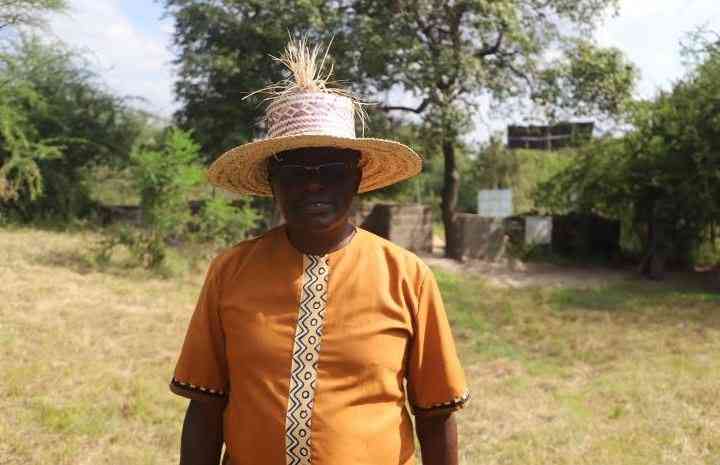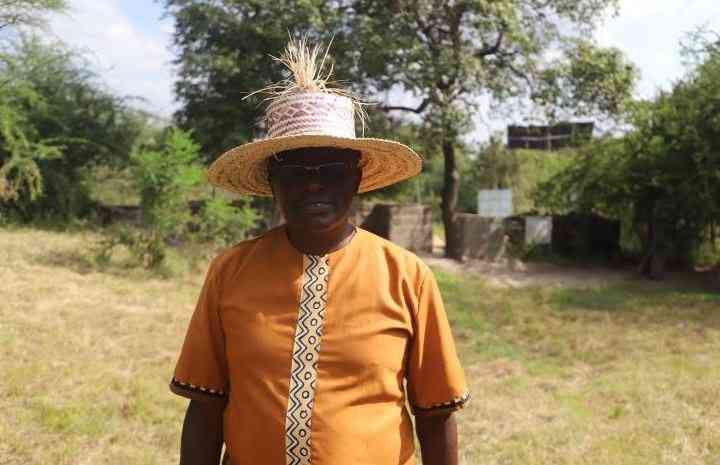
Mutuku wa Muindi is living his dream, a dream that got him banished from church - owning and managing a cultural centre.
Twenty-seven years ago, Mutuku’s dream of preserving the culture of his people was awakened while studying in Sweden.
Upon seeing an advertisement for an exhibition of Kenyan artefacts while in Sweden, Mutuku would then take a day-long train to Stockholm to attend the exhibition.
It is here that his interest in cultural preservation is further piqued, “during the exhibition, one of the guides said that people need to pay more attention to artefacts because they will never see them again”.
Thus, Mutuku said the exhibitors pointed out that they were the only ones with the artefacts as the people who made them no longer do because they turned to Christianity and destroyed any that was left.
“It got me thinking, if our artefacts are bad, why were they being exhibited in foreign countries?”
From this encounter, Mutuku vowed to collect artefacts when he came back to Kenya, and keep them in a Kamba cultural centre and museum.
“Culture is important, and if the Kamba people lose any cultural thing, the whole world has lost. It is like throwing a treasure trophy without opening it.”
- Feed and fodder committee seeks partnership to ease risks of poor quality
- Nine Kenyan food systems fellows graduate in Addis Ababa
- Yoga has several health advantages beyond physical exercise
Keep Reading
Mutuku, who runs the Kamba Cultural Centre and Museum based in Emali’s Mulala Ward of Makueni County, became a crusader to collect tangible and intangible heritage of the Kamba people.
The exposure abroad only bolded Mutuku’s dream and what he was already doing through the Mulala conservation movement to conserve the environment.
In 1997, the young bud then in his 30s started collecting artefacts after attending an exhibition the previous year, to build what is today, the Akamba Cultural Centre and Museum.
The centre sits on 12 acres of land, which was historically a fertility shrine of the Kamba people.
“It is also an area that borders my father’s ancestral land. The proximity was good for me because the project was taking a long time,” said 58-year-old Mutuku.
The cultural centre only opened its doors to the public in 2020, 20 years after its acquisition. He says that the 20-year gap was intentional, besides the land having been bought in installments.
For 10 years, Mutuku was a teacher and a laboratory technician, during which period, he also became a Red Cross patron for the wildlife club and scouting patron. He says his salary couldn’t afford the land hence, the installment payment plan.
“We also wanted to do natural generation of trees, none of the trees here have been planted. The initial owner of the land had planted cotton,” he added, saying that the wait was to allow natural regeneration of trees.
It was during Covid’s mandatory lockdown that he decided to open the place to the public.
Mutuku took early retirement to do what he describes as his vision and the only cultural centre and museum in Kenya.
“I am 58, I retired because of age. It is better to leave a little bit early. Besides, I also intend to have my children inherit this.”
Mutuku is fulfilled, and says he is the happiest man in Kenya because he is seeing his dream come to fruition.
The centre has hosted researchers from Harvard University, Kenyatta University, Mount Kenya University, and Lukenya University, among others. Next year, they will host researchers from Southern Africa, Canada and the US.
The centre also houses a herbalist, whose service researchers have sought many times.
Mutuku’s endeavours to collect and preserve artefacts saw him excommunicated from the church.
“I was accused of taking people backwards and being an agent of the devil for collecting things that had no basis in Christianity.”
“Heaven is for all religions, our forefathers were good people,” adding, as a result of the excommunication, he dropped his Christian name, and retained his African name.
Mutuku remembers how a priest threatened to revoke his marriage and baptism, “and I told him it’s okay.”
The people around the cultural centre also benefit from its position. He says that at one time, over 20 locals were recruited to be part of a movie that MultiChoice Talent Academy shot at the museum.
He added the Kenya Tourism Board had also been instrumental in directing tourists to them.
“We are in the tourist circuit for lower Eastern and researchers are directed here by Makueni County’s Ministry of Tourism,” he said.
Akamba Cultural Center and Museum preserves both tangible and intangible artefacts (way of life of the Kamba).”
Mutuku spends upwards of Ksh200,000 a month to manage the museum.
 The Standard Group Plc is a multi-media organization with investments in media platforms spanning newspaper print
operations, television, radio broadcasting, digital and online services. The Standard Group is recognized as a
leading multi-media house in Kenya with a key influence in matters of national and international interest.
The Standard Group Plc is a multi-media organization with investments in media platforms spanning newspaper print
operations, television, radio broadcasting, digital and online services. The Standard Group is recognized as a
leading multi-media house in Kenya with a key influence in matters of national and international interest.

